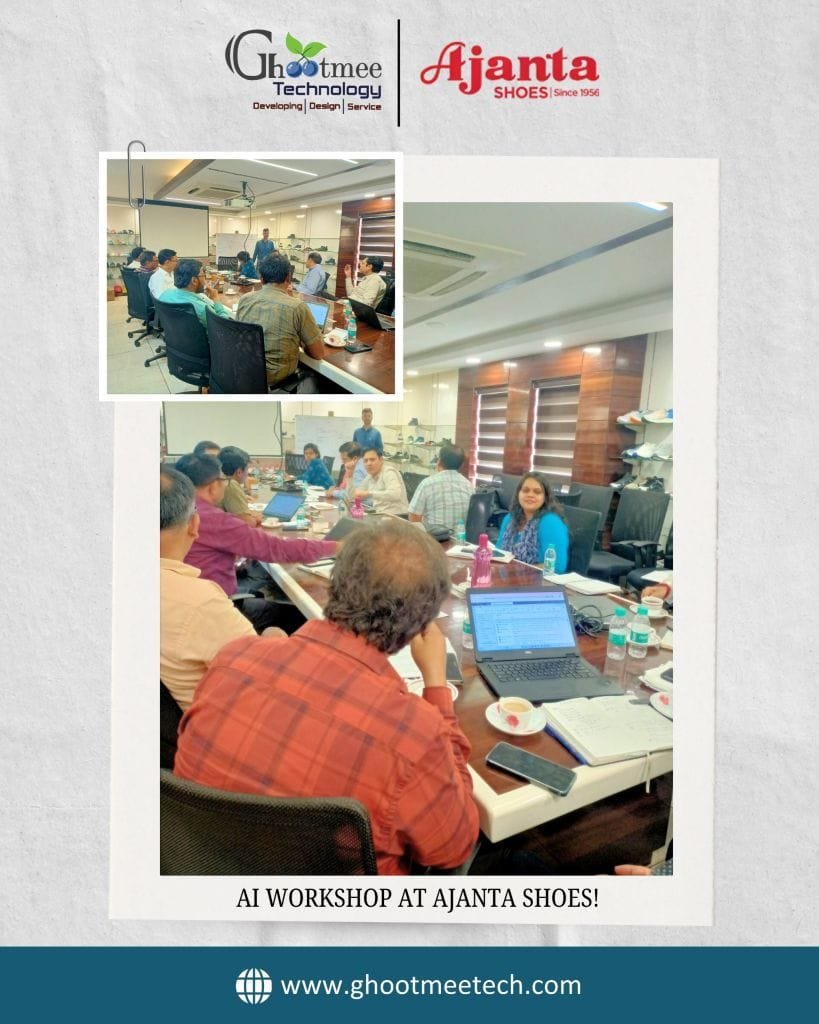
How the Digital Marketing Landscape Has Evolved Over the Past Year (2024–2025)
The world of digital marketing is constantly evolving, but the last 12 months have been particularly transformative. From the rise of AI-generated content to shifting privacy regulations and the explosion of short-form video, marketers globally are navigating a landscape more dynamic than ever before. Here’s a look at the key changes shaping digital marketing from mid-2024 to mid-2025.
1. AI and Automation Are Reshaping Content Creation
In the last year, AI has gone from an experimental tool to a core component of digital marketing strategies. Tools like ChatGPT, Jasper, and Midjourney are being used for:
- Blog writing, ad copy, and social media posts
- Generating SEO-rich content at scale
- Creating personalized emails and product descriptions
- Marketers are leveraging AI not just to save time, but to scale output without compromising quality. However, authenticity and human oversight remain essential to avoid sounding robotic or generic.
2. Search Is Changing with Generative AI
Search engines are undergoing a fundamental shift:
- Google’s Search Generative Experience (SGE) is gradually rolling out, offering AI-powered summaries directly on results pages.
- Zero-click searches are on the rise, reducing traditional organic traffic.
- Marketers now need to focus more on answer-style content, FAQs, and structured data to stay visible.
- This change is redefining SEO strategies—less keyword stuffing, more intent-focused, conversational content.
3. Short-Form Video Continues to Dominate
TikTok, YouTube Shorts, and Instagram Reels have further cemented short-form video as the king of engagement. Key trends include:
- Snackable, relatable content that captures attention within 3 seconds
- Voiceovers, AI avatars, and behind-the-scenes formats gaining traction
- Emphasis on authenticity over high production value
- Even B2B brands are joining the trend, using short-form video for testimonials, case studies, and quick tips.
4. Privacy and Data Regulations Are Tightening
Governments and platforms are increasingly prioritizing user privacy:
- Google is phasing out third-party cookies by the end of 2025
- Global regulations like GDPR, CPRA, and India’s DPDP Act are enforcing stricter consent and data handling
- Marketers are shifting to first-party data strategies through gated content, surveys, and loyalty programs
- The age of anonymous retargeting is fading—consent-based, trust-driven marketing is the future.
5. Social Commerce Is Maturing
Shopping through social media is no longer experimental:
- Instagram, TikTok, and Facebook Shops are becoming full-fledged e-commerce platforms
- Livestream shopping is growing rapidly in Asia and starting to catch on in the West
- Influencers are now turning into full-time storefronts, partnering directly with brands
- Marketers must adapt by integrating seamless checkout experiences and crafting content that sells without being salesy.
6. Email Marketing is Evolving (But Still Powerful)
Email remains a top-performing channel—if done right:
- Hyper-personalization driven by AI and user behavior
- Plain text and minimalist designs are outperforming flashy templates
- Integration with CRM and automation tools for targeted drip campaigns
- Smart segmentation and storytelling are helping emails cut through the noise in increasingly crowded inboxes.
7. Voice and Visual Search Are Gaining Ground
More consumers are using voice assistants and image-based search tools like Google Lens. This demands:
- Conversational keywords for voice search optimization
- High-quality, SEO-optimized images with descriptive file names and alt tags
- These emerging formats are becoming crucial, especially in industries like fashion, food, travel, and local services.
8. Performance Marketing Is Under the Microscope
With rising ad costs and tighter privacy rules, performance marketing is shifting:
- Brands are now combining brand building with performance metrics
- Attribution models are being reevaluated due to data gaps from iOS updates and cookieless tracking
- More investment is going into content-based advertising, influencer partnerships, and native ads
- A balanced strategy is replacing the old “scale fast and hard” PPC mindset.
Adaptability Is Key
The digital marketing world has undergone a profound shift in just a year. Marketers must be more agile than ever—embracing AI tools, respecting data privacy, and mastering new content formats. The brands that thrive will be those who combine technology with creativity, data with empathy, and automation with human touch.
To stay relevant in this evolving landscape:
- Audit your SEO and content for AI-readiness
- Experiment with video across platforms
- Build direct relationships with your audience through email and first-party data
- Use AI to enhance—not replace—your brand’s voice
- The future of marketing isn’t just digital—it’s dynamic.

